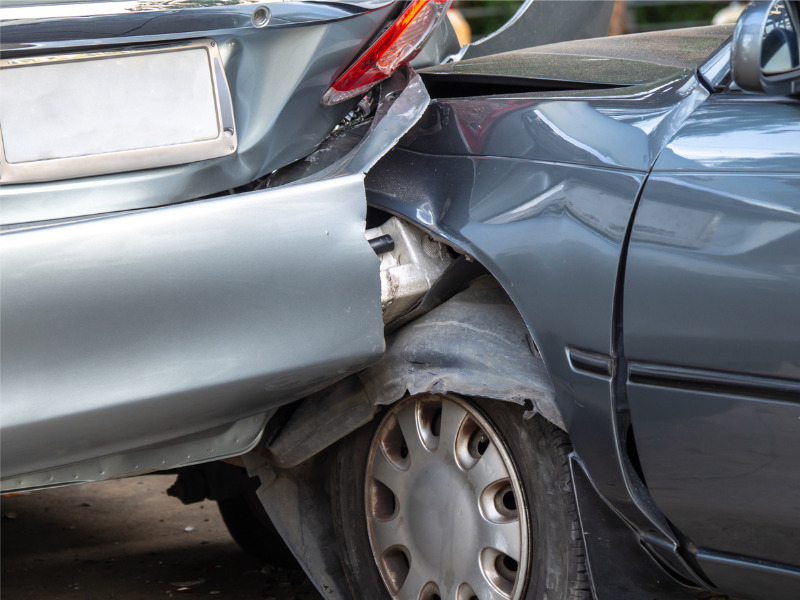How Ontario drivers have responded to DCPD opt-out option

For all the discussion it provoked within brokerage circles, one of the Ontario government’s ideas for auto insurance reform appears to have fallen flat with drivers, albeit it’s only in the first month of the initiative.
Thus far, Ontario brokerages report seeing very few consumers elect to opt out of Direct Compensation-Property Damage (DCPD) coverage for their cars.
In its 2022 budget, Ontario revealed a plan to give consumers the choice to opt out of mandatory DCPD coverage on auto policies. The measure was passed in 2023. The elective DCPD policy option went into effect Jan. 1, 2024, when the auto product included the new OPCF 49 endorsement.
DCPD covers damage to a vehicle when the policyholder is not at fault for a collision. To help drivers reduce premiums, Ontario introduced the OPCF 49 endorsement, in which drivers agree not to recover loss or damage from an insurer after a collision.
Brokers have raised concerns that drivers may agree to decline coverage without fully comprehending the coverage — or the consequences of removing it. But this fear may be blunted by the slow public take-up.
“We’ve seen one client out of over 20,000 policies opt out of their DCPD coverage. So, we haven’t seen a large uptake as of yet,” Theresa Wicks, sales manager at Mitch Insurance said earlier this month.
Wicks observed that neither existing customers nor new business prospects seemed particularly interested in opting out of DCPD coverage.
On a province-wide scale, brokers report uptake has been low.
The Insurance Brokers Association of Ontario told Canadian Underwriter on Jan. 18 that, although it’s too early to declare trends, they reached out to a set of Ontario brokerages to inquire about uptake.
“While feedback is anecdotal, we learned that take-up on the OPCF 49 was exceptionally minimal. Most brokerages that we spoke to said that they had not added the OPCF 49 coverage to any of their clients’ auto policies,” IBAO confirmed in a statement.
“While take-up on the coverage was very low, brokerages told us that they were receiving questions from clients, mostly in regards to how the addition of the OPCF 49 would impact the customer’s premium,” IBAO said.
“Brokers told IBAO that in almost all cases, once clients were informed of what coverage and benefits the OCFP 49 would remove, they were not interested in the product.”
Insured drivers must sign an OPCF 49 form to opt out of DCPD coverage. It states that “not being compensated means you will not be reimbursed for any loss or damage to the described automobile including:
repair costs;
the value of the vehicle;
the loss of use of the vehicle;
a replacement for the vehicle; or
loss or damage to any one of the vehicle’s contents.”
The industry has discussed scenarios in which OPCF 49 might be beneficial — namely, for those drivers who own older cars that are worth less than the cost to insure them. But brokers aren’t keen to suggest it to their clients unless they are sure they can afford to pay out of pocket for a car wreck.
“We’re often not looking to recommend opting out of DCPD through the OPCF 49 as a viable solution,” Wicks said.
That’s because most consumers aren’t aware of the costs they’d be responsible for covering in the event of an accident without DCPD coverage, she added.
“Savings now don’t necessarily equal savings later,” Wicks told CU. “On the contrary, [drivers] might end up in a situation where they face financial hardship, because they can’t actually afford the cost of towing and storage, or covering damages to their vehicle or the third-party vehicle if they’re involved in a collision with someone else.
“In the same way that I wouldn’t recommend that an individual removes water damage coverage from their home insurance policy,” Wicks said, “…this is not something that I would ever recommend to a customer, unless I knew for certain that they could fulfill the obligation of having to handle all of the costs and fees and damages.”
Feature image by iStock.com/Prot Tachapanit







